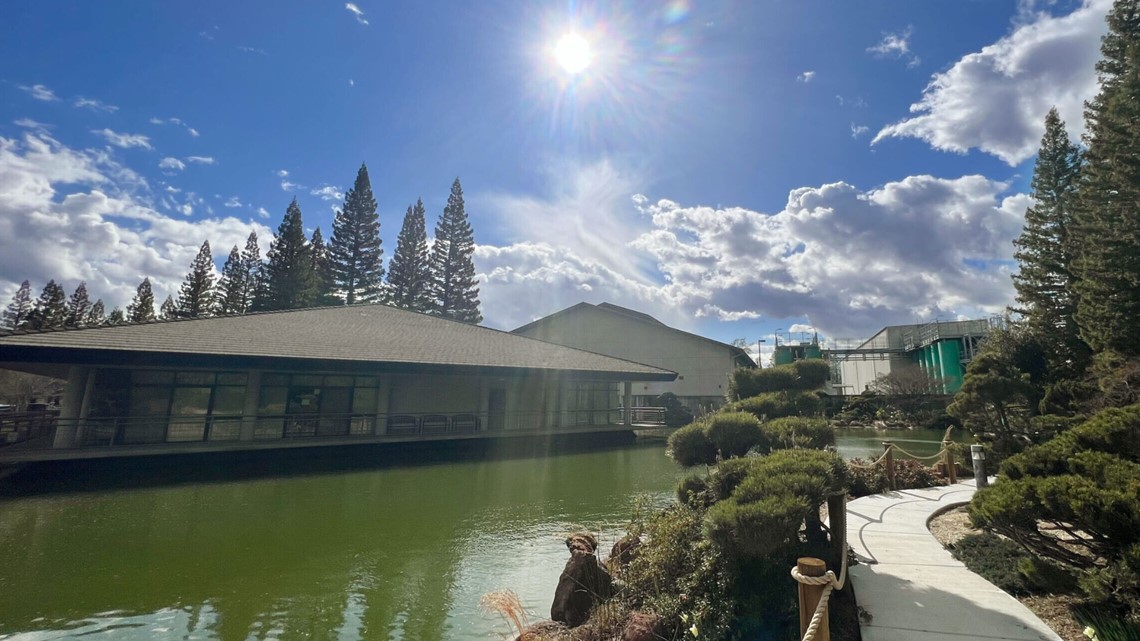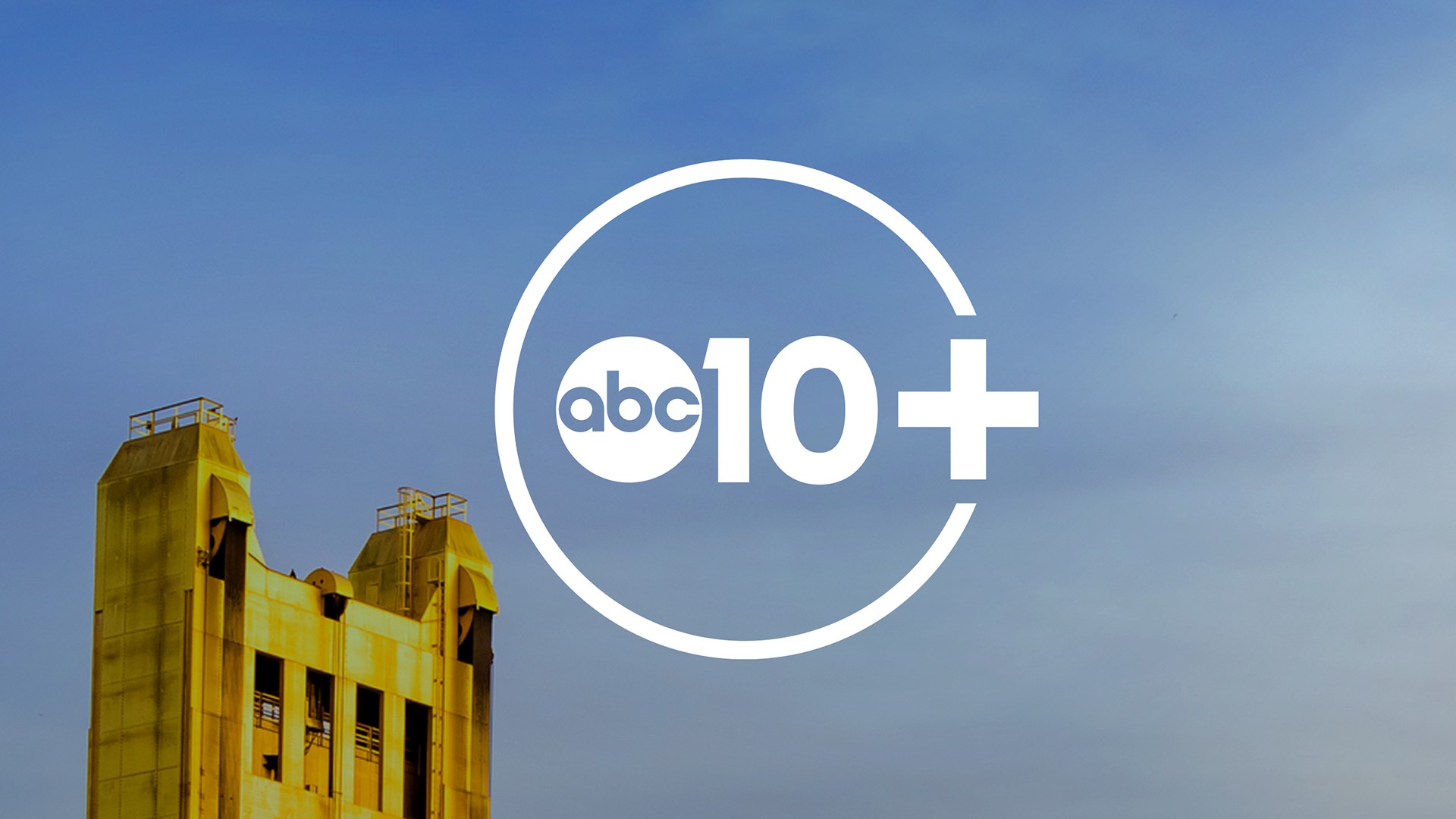FOLSOM, Calif. — The city of Folsom houses the only brewery for Gekkeikan sake outside of the company’s headquarters in Kyoto, Japan.
The Japan-based company selected Folsom for its first and only overseas production facility in 1989 because the city’s water quality, specifically its mineral content, is similar to that of Kyoto, where the original Gekkeikan headquarters has been since 1637, according to Mark Zheng-Garratt, a marketing and control manager with Gekkeikan Sake (USA) Inc.
“I understand that the Japanese team (was) very thorough in their investigation of possible sites in the U.S.,” Zheng-Garratt said. “Given that rice and water are of paramount importance, I believe the final decision was between Folsom and a location in Arkansas.”
Another factor considered in selecting the California location was its proximity to raw materials, he said. Gekkeikan uses Calrose rice grown in the Sacramento Valley to make its product so the company might save on transportation costs to the factory, he said.
“The quality of the sake coming out of Folsom has always been improving,” Zheng-Garratt said. “It is of the same or better quality than any sake made in Japan.”


He said the Folsom site produces three types of sake and one-off batches for “experimental sake” used for market research purposes. Patrons can visit the tasting room on Fridays and Saturdays and taste these batches while supplies last.
The company has plans to introduce and relaunch up to three more Folsom-made sakes to market in 2024, according to Zheng-Garratt. He said sake produced in Folsom will ship from the city to distributors in the U.S. and overseas, and the Sacramento-area site imports seven different products from Japan.
Folsom-made sake appears nationwide in grocery stores, liquor stores and predominantly Asian restaurants, according to Zheng-Garratt. It also exports to Canada, Mexico, Brazil and South Korea.
“We used to export our products to Europe as well, but we stopped in 2020,” he said.
The Folsom site also acts as a sales office for the company and employs roughly 40 employees that work in various positions including brewing, processing, warehousing, shipping, sales and administration, he said.
“There is a mix of both locally-employed U.S. staff as well as Japanese staff sent from (headquarters) to manage the operations,” Zheng-Garratt said.
Sake is made when koji, a fungus, is added to rice that has been broken down. The mold enzymes in the koji convert the starch in rice into sugars. Water and yeast are added to the rice in a fermentation tank, and the yeast consumes those sugars and produces alcohol.
Zheng-Garratt said, at its fastest, Gekkeikan’s brewing process takes about a month from rice grain to bottle. The sake usually matures in tanks for “a little bit” to mellow out the flavor, which can be anything from a week to a few months, he said.
“Once it is shipped out, it can be on shelves within another month or so,” he said.
Gekkeikan made advancements in sake brewing technology toward the end of the 19th and beginning of the 20th century, according to Zheng-Garratt.
“The fundamental process has not changed over the centuries, but sake brewers have simply gotten better and have a better understanding of the chemistry and microbiology that produce sake,” he said.

















